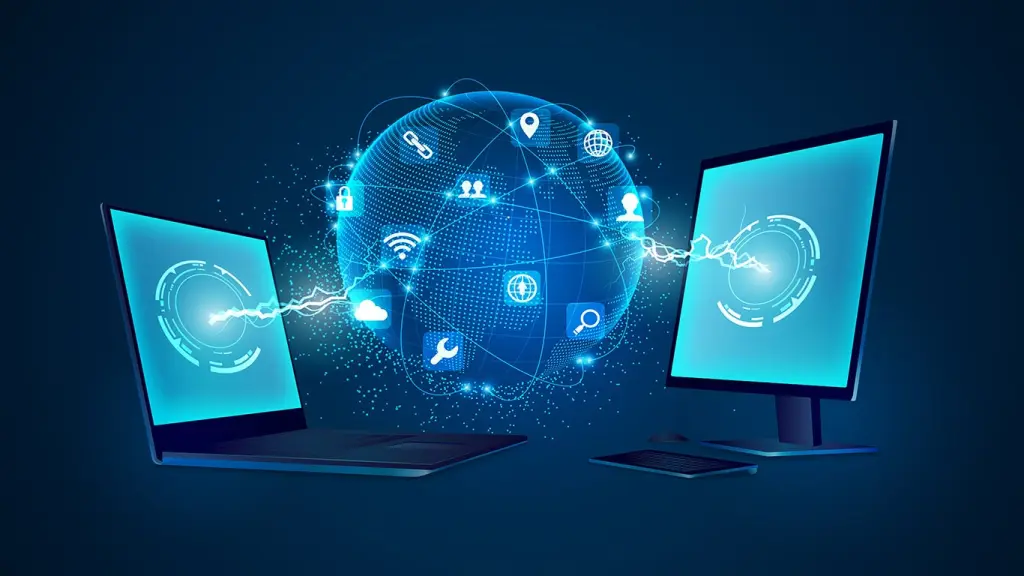Introduction: Technology has become an integral part of our lives, influencing almost every aspect of our existence. From the way we communicate to the way we work, travel, and entertain ourselves, technology has revolutionized the world we live in. However, defining technology is no easy task. It encompasses a broad range of concepts, processes, and innovations that continue to evolve at an unprecedented pace. In this article, we will delve into a comprehensive exploration of technology, its various dimensions, and the profound impact it has on society.
I. Understanding Technology:
The Core Concepts and Components
A. Defining Technology: Technology is a multifaceted term that encompasses the application of scientific knowledge, tools, and techniques to create, modify, and improve goods, services, and processes. It involves the practical application of knowledge for practical purposes.
B. Technological Components: Technology comprises different components such as hardware, software, infrastructure, networks, algorithms, and data. Each component plays a vital role in shaping technological advancements and their functionality.
C. Technological Evolution: Technology is not static; it evolves continuously. Advancements in computing power, miniaturization, connectivity, and artificial intelligence have enabled exponential progress, leading to paradigm shifts in various fields.
II. The Role of Technology in Society
Communication and Connectivity:
Technology has revolutionized communication, transcending geographical boundaries and connecting people from different corners of the globe. The advent of smartphones, social media, and instant messaging platforms has reshaped the way we interact and share information.
B. Work and Productivity: Technological innovations have transformed the workplace, enhancing productivity and efficiency. Automation, robotics, and machine learning have streamlined processes and eliminated repetitive tasks, allowing employees to focus on more complex and creative endeavors.
C. Education and Learning: Technology has revolutionized education, making knowledge accessible to a wider audience. E-learning platforms, online courses, and digital resources have transformed traditional classrooms, enabling personalized and interactive learning experiences.
D. Healthcare and Medicine: Technology has had a profound impact on healthcare, improving diagnosis, treatment, and patient care. Advanced medical devices, telemedicine, electronic health records, and data analytics have revolutionized the field, leading to better outcomes and increased longevity.
E. Transportation and Mobility: Technology has revolutionized transportation, making travel faster, safer, and more convenient. Electric vehicles, autonomous driving, ride-sharing platforms, and smart infrastructure have transformed the way we commute and navigate our cities.
III. Ethical and Social Implications of Technology
A. Privacy and Data Security: The proliferation of technology raises concerns about privacy and data security. The collection, storage, and utilization of personal data have sparked debates regarding consent, surveillance, and the balance between innovation and privacy rights.
B. Automation and Job Displacement: The rise of automation and artificial intelligence has sparked concerns about job displacement and socioeconomic inequality. While technology creates new opportunities, it also eliminates certain job roles, requiring societies to adapt and retrain the workforce.
C. Digital Divide: Technology has the potential to exacerbate existing inequalities. The digital divide refers to the gap between those who have access to technology and those who do not. Bridging this divide is crucial to ensure equal opportunities and societal inclusivity.
D. Cybersecurity and Cybercrime: As technology advances, so does the risk of cyberattacks and data breaches. The interconnectedness of systems and networks exposes individuals, organizations, and governments to cyber threats, necessitating robust security measures and digital literacy.
E. Ethical Dilemmas: Technology presents complex ethical dilemmas, such as artificial intelligence ethics, autonomous vehicles’ decision-making, and the impact of technology on human relationships. Society must grapple with these ethical challenges and establish frameworks to ensure responsible and accountable use of technology.
Conclusion:
Defining technology is a daunting task due to its dynamic nature and vast scope. This article has explored the core concepts and components of technology while highlighting its pivotal role in society. It has also shed light on the ethical and social implications that accompany technological advancements. As technology continues to evolve, it is imperative to foster a critical understanding of its complexities, implications, and potential consequences. By doing so, we can harness technology’s power to improve lives, address societal challenges, and shape a better future for all.









